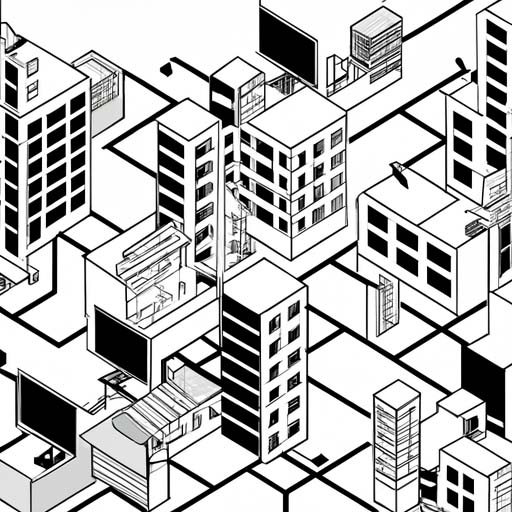According to a recent report by Future Market Insights (FMI), the global pharmacy automation market is expected to reach a valuation of US$13.3 billion by 2033, with a compound annual growth rate (CAGR) of 8.1% from 2023 to 2033. The market is driven by rising concerns over dispensing errors and the demand for precise healthcare solutions.
Pharmacy automation involves the use of robotic systems to automate tasks such as dispensing medications, packaging prescriptions, and transporting medications. This allows pharmacists to focus on more clinical tasks, such as patient counseling. Artificial intelligence (AI) and machine learning (ML) are increasingly being used in pharmacy automation systems for tasks such as prescription filling and inventory management.
The market is expected to be dominated by the United States, with a projected CAGR of 8.3% from 2023 to 2033. China and Japan are also expected to see significant growth in the pharmacy automation market, with projected CAGRs of 8.7% and 9.3% respectively.
Interoperability, or the ability of pharmacy automation systems to communicate with other healthcare IT systems, is a key focus for the industry. By integrating with electronic health records and laboratory information systems, pharmacy automation systems can improve efficiency and reduce the risk of errors.
Key players in the pharmacy automation market include Becton, Cerner Corporation, Yuyama Co. Ltd, and McKesson Corporation. In recent years, there have been numerous investments and collaborations within the industry to accelerate research and development, production scale-up, and market expansion.
Overall, the pharmacy automation market is expected to grow significantly in the coming years, driven by the need for precise healthcare solutions and the adoption of AI and ML technologies. Interoperability and strategic partnerships will continue to be important factors contributing to the success of companies in this market.
